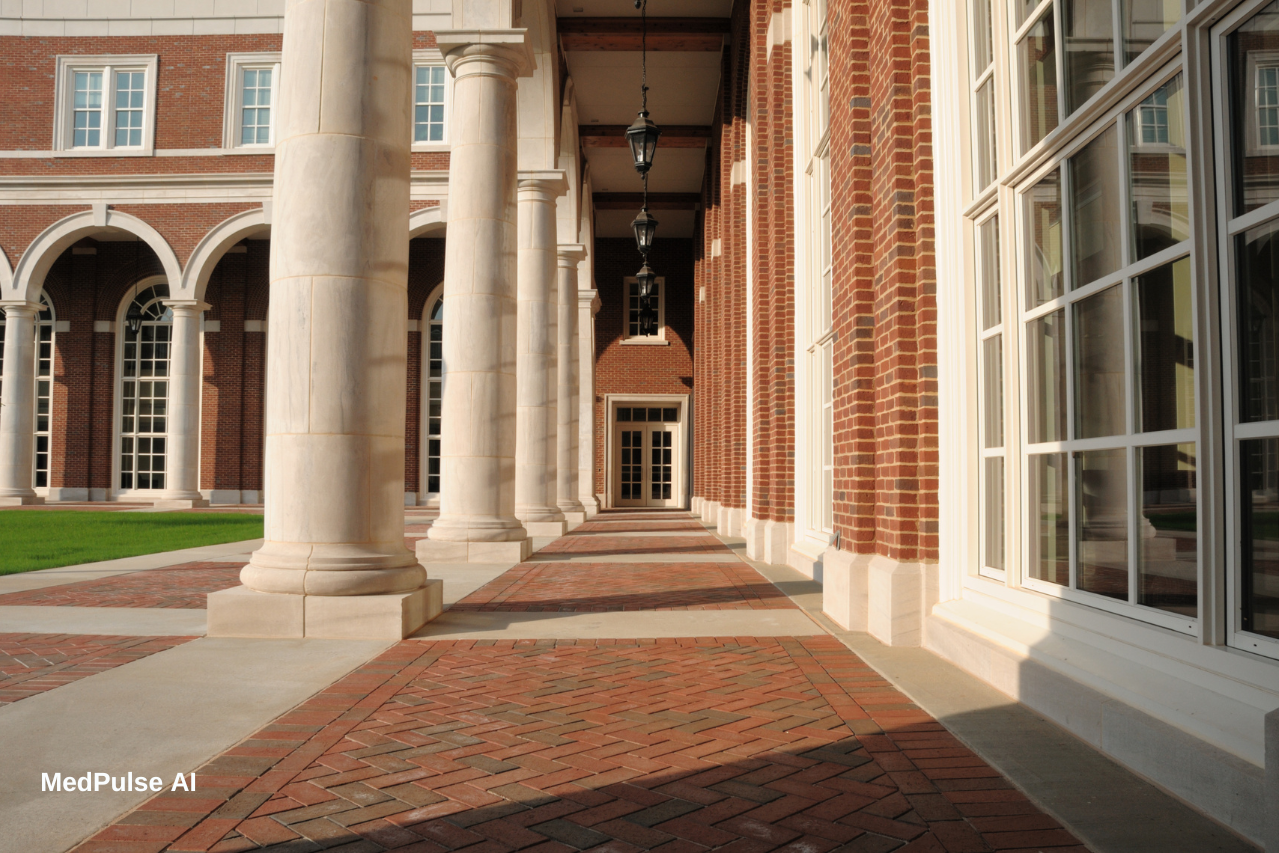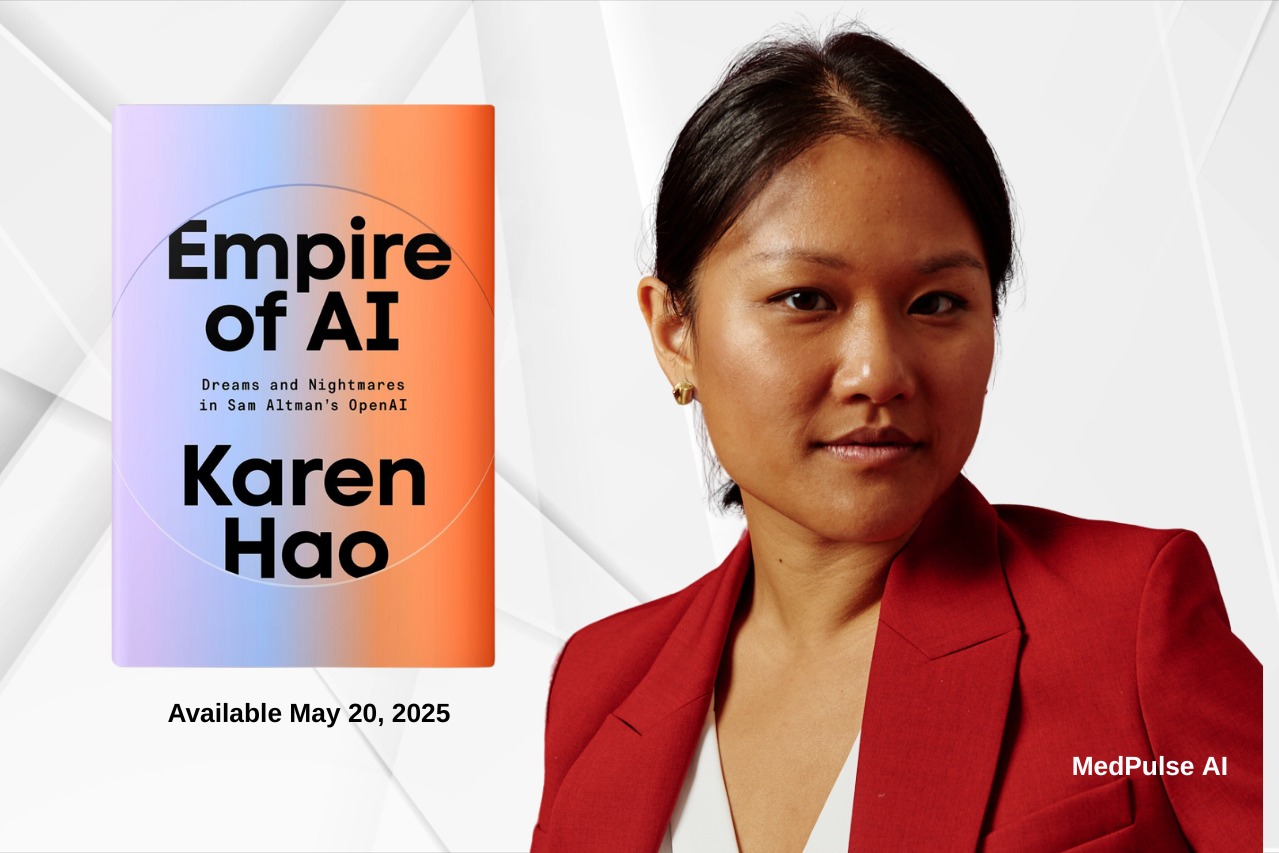Where Human Experience Shapes the Future of Artificial Intelligence in Healthcare
Artificial intelligence is transforming healthcare at a rapid pace, but not everyone is asking the most important question: How does AI work when it meets the real world—and real people? At Northeastern University’s Institute for Experiential AI (EAI), that question isn’t just a starting point. It’s the mission.
Launched in 2021, the Institute for Experiential AI was born from a clear need: to bridge the widening gap between technical breakthroughs in AI and their responsible, effective use in high-stakes sectors like healthcare. In many environments, especially clinical settings, AI tools have struggled to deliver on their promise due to lack of transparency, usability, or real-world testing. Northeastern’s answer? A collaborative model of AI development where humans remain in the loop from design to deployment.
“We believe AI should serve people—not the other way around,” says Dr. Usama Fayyad, Executive Director of the Institute. “That means putting humans in the loop, from how models are designed to how they’re deployed in critical areas like medicine, public health, and education.”
Experiential AI is Northeastern’s signature approach to artificial intelligence. It’s not just about algorithms and automation—it’s about embedding AI into real-world settings where human judgment, emotion, and ethics matter just as much as data.
At its core, this means:
- Keeping humans in the loop at every stage of model development and deployment
- Designing AI tools that work with clinicians, not around them
- Emphasizing trust, fairness, and explainability—so patients and providers understand what AI is doing, and why
In healthcare, where the stakes are high and the context constantly shifts, this model can make the difference between a useful tool and an unadopted one.
“We want AI that reflects how people think, not just how machines calculate,” says Dr. Usama Fayyad, Executive Director of the Institute. “That’s why we co-design solutions with those who’ll use them—in hospitals, labs, and public health departments.”
The Institute’s AI + Health research cluster exemplifies how Experiential AI works on the ground. Researchers are collaborating with clinicians, public health agencies, and biotech companies to tackle pressing challenges, such as:
➤ Predicting Antimicrobial Resistance (AMR)
By applying AI to genomic and clinical data, EAI researchers are helping forecast where and when drug-resistant infections may emerge, offering valuable tools for global health planning. This is especially crucial in low-resource settings and during international public health emergencies.
➤ Forecasting Infectious Disease Outbreaks
Their AI-driven models support early detection and containment strategies. From mapping COVID-19 trends to predicting future flu surges, these tools help governments and health organizations make better, faster decisions.
➤ Improving Early Diagnosis
Multimodal AI tools developed at the Institute combine imaging, clinical notes, and biosensor data to detect cancers and chronic conditions earlier—before symptoms escalate. These models have the potential to assist clinicians in community hospitals and academic medical centers alike.
➤ Modeling Social Determinants of Health
AI at EAI is not only about biology—it’s about environment. Researchers are building tools that examine how income, geography, education, and housing impact patient outcomes, helping address the root causes of health inequity.
“We’re not building AI in a vacuum. We’re solving problems that clinicians and patients deal with every day,” says Dr. Ricardo Gutierrez-Osuna, an affiliated faculty member specializing in AI for health.
The Institute is not just a research hub—it’s a training ground. Through its Responsible AI Executive Education Programs and RAI Fellows Program, EAI is preparing both current professionals and rising scholars to lead the next wave of ethical AI development.
Programs include:
- Responsible AI in Healthcare & Life Sciences
- Bias & Fairness in Machine Learning
- Human-Centered AI Design
These programs pair technical rigor with deep social insight, using real-world case studies from hospital systems, health startups, and government agencies.
“Working on antimicrobial resistance at EAI has shown me how research can support clinicians on the front lines,” says Maya Lin, a PhD candidate and RAI Fellow. “It’s not just about what AI can do in theory—it’s about making sure it works for the people who actually need it.”
With campuses from Boston and Charlotte to Vancouver and London, Northeastern’s global reach allows EAI to build research partnerships that span borders and bridge cultural and regulatory differences.
EAI also works closely with global bodies such as:
- World Health Organization (WHO) – participating in working groups on AI for public health
- European Commission – advising on transparency and ethical governance for clinical AI models
- National Institutes of Health (NIH) – contributing to AI research for infectious disease and mental health
This global integration ensures that EAI’s work doesn’t just innovate in one country—it contributes to conversations happening everywhere.
Northeastern’s EAI isn’t just building AI—it’s shaping how the world talks about it. Their upcoming Responsible AI for Mental Health Workshop on April 3, 2025, will bring together mental health professionals, AI developers, and policymakers to explore how AI is being used—and regulated—in behavioral health care. Topics include bias in mental health data, AI explainability, digital trust, and emerging tools for crisis detection. Register here
Also on the calendar:
- Navigating AI Governance: What Leaders Need to Know
- with Dr. Cansu Canca (INVITE ONLY), who is focusing on how AI can close healthcare gaps rather than widen them.
These gatherings are designed to break down silos and promote transparency between technologists, patients, and policymakers.
Artificial intelligence will increasingly touch every aspect of healthcare—from diagnostics and documentation to mental health and public health strategy. But its success depends not just on speed or scale, but on alignment with real-world needs and ethical values.
Northeastern’s Institute for Experiential AI is showing what’s possible when human insight leads the way. By building AI that listens, learns, and adapts with care, they are helping to shape a future where technology truly serves people—starting with the most vulnerable.
This is more than innovation. It’s AI with heart, built for the real world.


